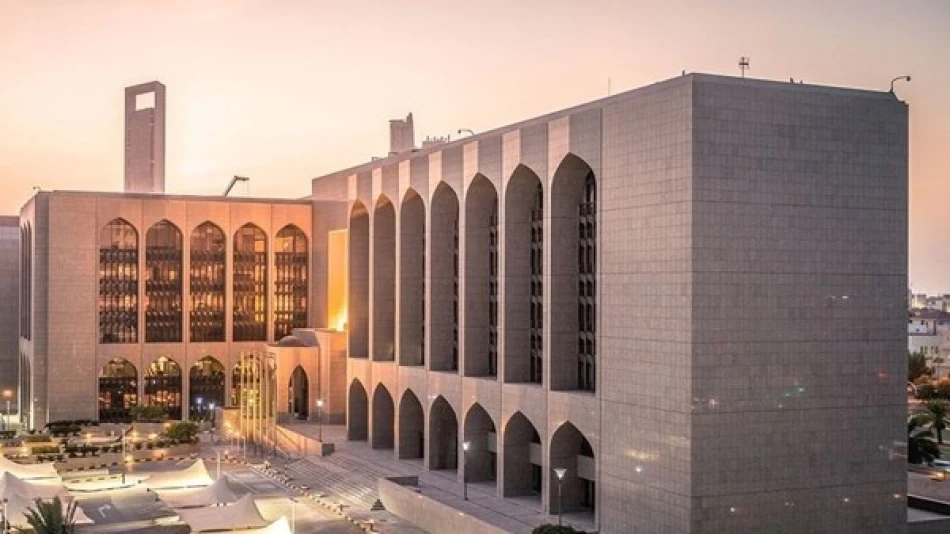
Central Bank and UAE Fatwa Council Launch Islamic Finance Program to Boost Sharia-Compliant Transactions
The UAE Central Bank and the UAE Fatwa Council have launched a specialized training program to prepare Islamic legal scholars for modern financial challenges. The program aims to help religious authorities issue well-informed rulings on Islamic banking and finance that align with contemporary economic realities.
The training covers the fundamentals of Islamic banking operations, recent developments in Islamic financial transactions, and the regulatory framework governing these activities in the UAE. Participants learn about contract structures, issuance mechanisms, and the legal foundations that underpin Islamic finance.
Here's what makes this program significant: it bridges the gap between traditional Islamic jurisprudence and modern financial practice. Religious scholars often struggle to keep pace with rapidly evolving financial products and services. This initiative ensures that fatwa-issuing authorities understand the technical aspects of banking operations before making religious rulings.
The program connects council members directly with experts from the Central Bank's Higher Sharia Authority. These interactions allow scholars to discuss complex cases and transactions that have emerged recently in the UAE's financial sector.
For the UAE's economy, this matters because Islamic finance represents a substantial portion of the country's banking sector. When religious authorities issue outdated or poorly informed rulings, it can create uncertainty for banks, investors, and consumers. Clear, technically sound religious guidance helps Islamic financial institutions operate more efficiently and develop new products with confidence.
The collaboration also reflects the UAE's broader strategy to position itself as a global hub for Islamic finance. By ensuring its religious oversight keeps pace with financial innovation, the country can maintain its competitive edge in attracting Islamic banking business from across the region.
This type of cross-institutional cooperation between central banks and religious authorities is becoming more common in countries with significant Islamic banking sectors. Malaysia and Saudi Arabia have similar programs, recognizing that effective Islamic finance requires both regulatory expertise and deep religious knowledge working together.
Most Viewed News

 Layla Al Mansoori
Layla Al Mansoori






